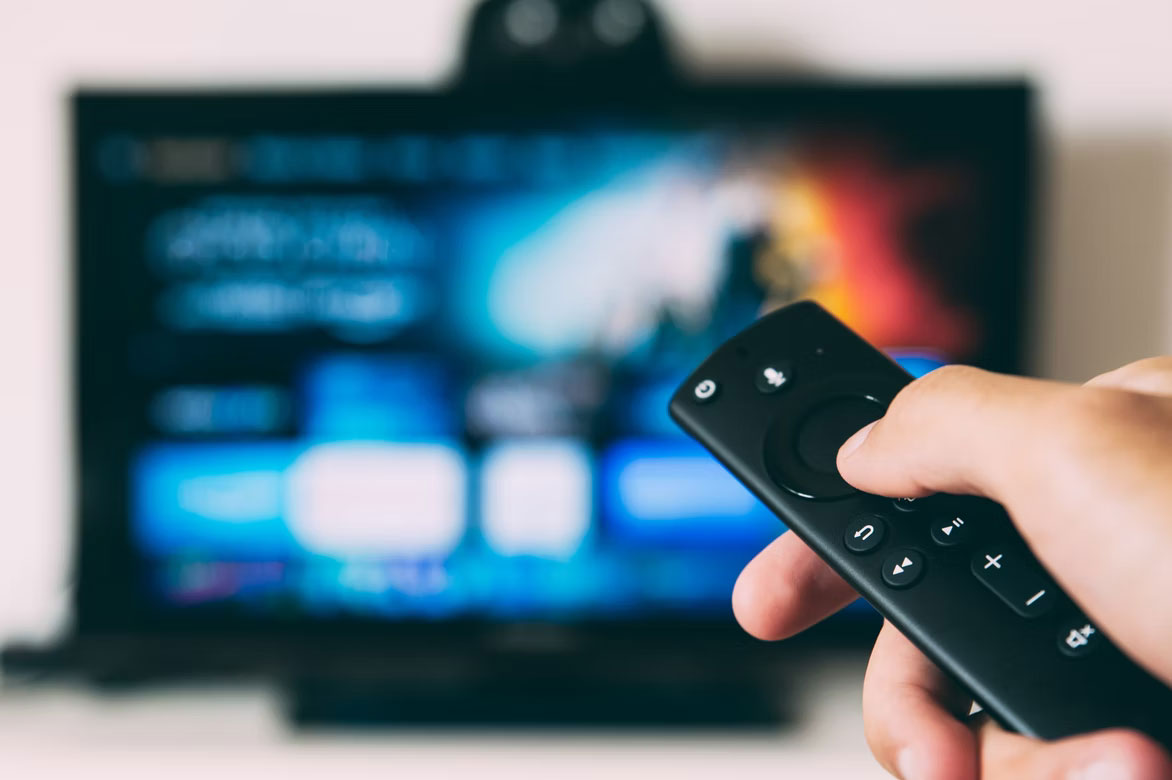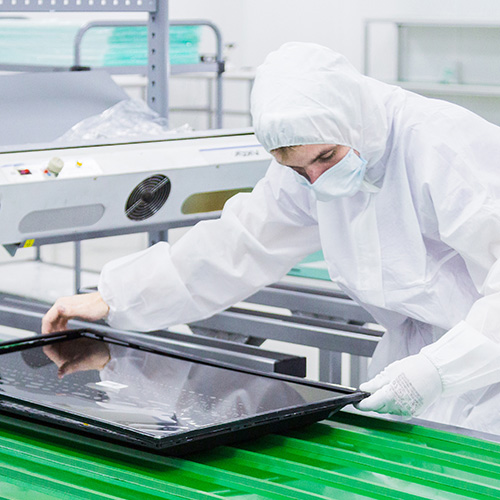
Will electronics consumption grow in 2022?
June 1, 2022
Buying a TV? 4 things you need to consider
August 9, 2022eSTAR is a private label company of tech goods, such as TV’s tablets, STB’s, mobile phones, TV antennas. We are aware of the benefits and challenges that being a private label carries. In today’s article, we share them with you.
What is a private label?
The brand owner designs private label products to meet the brand goal, mission and to be one of a kind. The brand owner has complete control over the product – including specifications, development, what it looks like and how it’s packed.
Private Label — raising in consumer’s choice
The numbers and percentages around private label brands and products reveal a very important role in global markets. Private labels are conquering more and more consumers, thanks to good value products for a lower price.
According to a 2008 report by the global business advisory firm Packaging Digest, private label products are, on average, about 30 percent lower in price than national brands. The same report has other interesting conclusions:
- From 1997 to 2005, the sales of private label brands grew at the double the rate of national brands;
- In the United States (US), private labels command higher unit shares than the strongest national brand in 77 of 250 supermarket product categories;
- Among US adults, 89.7% said they switched from a national label mainly because the store brand offered better value;
- 47.9% said deals or membership rewards motivated the move;
- Meanwhile, 52.0% cited the private-label brand’s bigger selection of products.
Benefits of private label products
The owner of the private label brand can be more flexible on pricing, logistics, and product range development to create the best assortment to meet consumer needs. Here are some benefits of private label products:
1 – Easy to adapt to the market
Private label brands can come up with innovative ideas to gain market share over national brands. One of the most significant opportunities for private label brands is how easy it is to adapt to the market and consumers’ needs. This includes being able to make quick adjustments to products based on customers’ changing preferences. If consumers start to desire new lines or new features, it’s the suppliers who must adapt their offerings.
2 – Control over production
Another advantage of private labeling is that it gives more control over production. The private label owner instructs the manufacturer on all aspects of a private label product, including ingredients, components, color, or shape. This gives the retailer confidence that the product meets its exact specifications. It also allows for more customized products, which can be appealing to consumers.

Challenges of private label owners
1- Difficulty in creating brand loyalty
Private label products can be a cost-effective way to offer products similar to those made by well-known brands, but they often lack the name recognition and customer loyalty of those brands.
This can be challenging, as private label lines often compete with established names in a niche. Building significant brand loyalty can be difficult when customers don’t know where your private label product is coming from.
Those long-lived brands hold some significant advantages over your private label lines. On the one hand, they will be available in a broader range of stores. Private label products will be on your shelves alone. On the other, national or multinational brands also have a far greater budget for promoting their products.
2- Challenges to be innovative and keep side by side with the bigger brands
Private label brands have more flexibility and stronger possibilities to be more creative with their products. However, it comes with challenges:
- To ensure smooth production of the products;
- Market searching for innovative ideas or creating them with minimum resources;
- To be competitive regarding price point, delivery, production times, and quantities;
- To be up to date with technological advances and constantly looking for ways to grow and be seen.
Covid-19 changed the consumer perspective regarding big brands and their policies. They returned to the smaller brands and looked at how they were dealing with the unusual situation and how they were treating people, wondering if the brand strategy fitted their beliefs. Also, consumers tend to support and trust smaller brands during difficult times. So the private label owners now have the responsibility to deliver the products the customers need, showing that their support is felt.
eSTAR private label brand of consumer electronics
Mobile Center owns eSTAR, a private label of consumer electronics. The company was established in 2005, a pivotal moment for the brand when the main focus was button phones, TVs, and accessories.
Today, the company has over 50 employees and operates in over 30 countries, working with mobile operators, retailers, and big e-shops.



